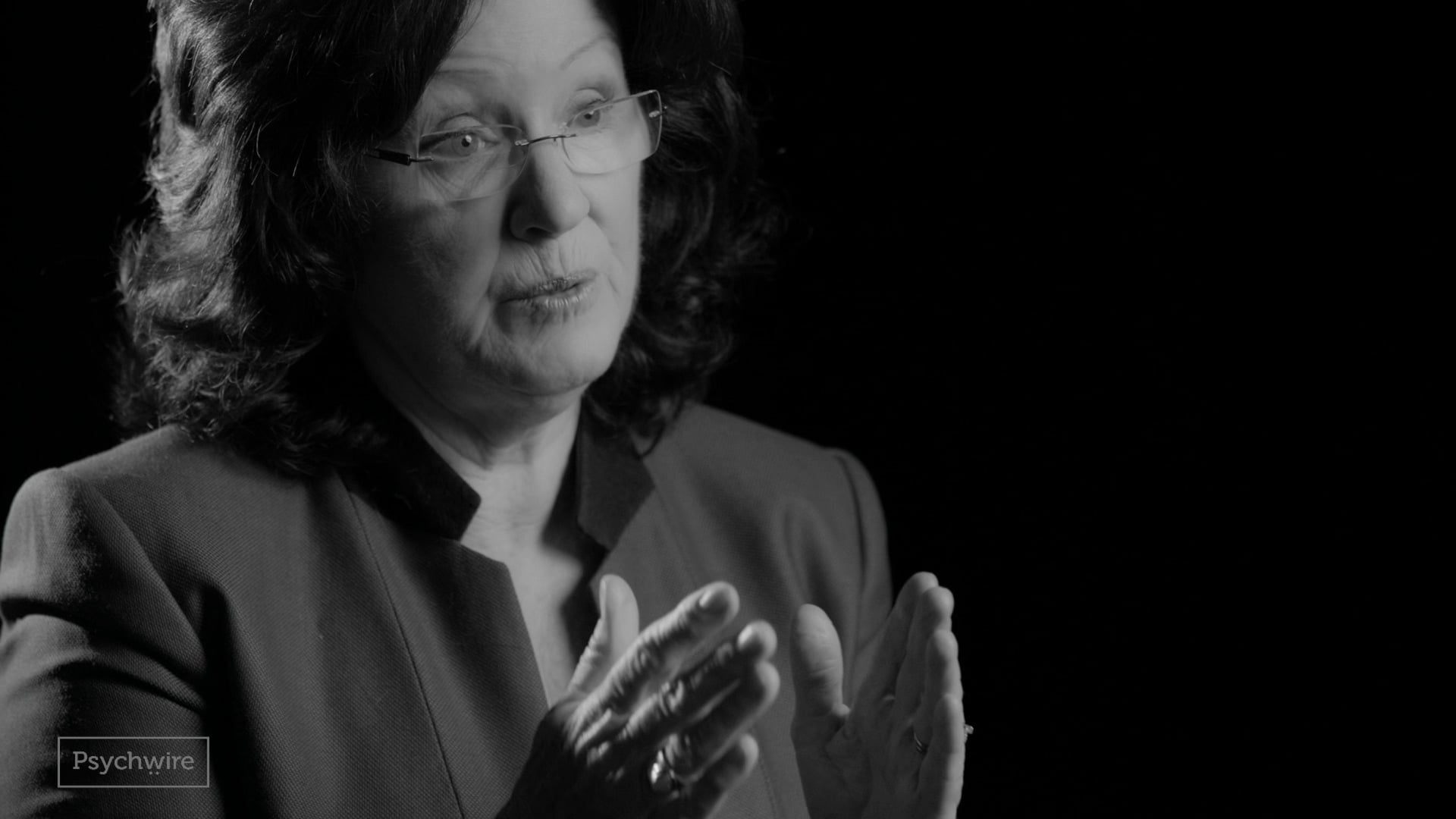
Overcoming Shame
 EFT: Attachment Science in Practice
EFT: Attachment Science in PracticeIn some ways, as an EFT therapist, if I'm working with a traumatized client, I could say that shame is the most problematic emotion of all. And why do I say that? Because the action tendency behind shame is to hide. And if you're hiding from yourself and hiding from other people, you're always alone, and that's going to make any trauma worse. John Bowlby, basically made the point though that when we're young and when we feel defenseless and helpless in our world, and there's no one there for us.
That a natural way of dealing with that that gives us a little sense of control is to decide that these bad things are happening, or these people are being mean to me because of something about me. There must be something wrong with me. And he points out that that can be functional in that situation. It is more functional to say, Oh, is it me? There's something wrong with me I have to somehow change how I am that can be functional in a particular situation. It's like every other emotional response, It becomes dysfunctional.
When that's all there is, it becomes all encompassing an absorbing state. And when you can't move out of it. You can't take in, or you're not offered experiences that help you grow beyond that where you start to understand in that situation, I thought I was a bad little boy, but I don't feel bad now because I've got a new connection with a new daddy, and he looks at me with delight in his eyes, so I must be delightful. How do we know who we are, we look into the eyes of the people around us. Tricky thing about shame is sometimes it becomes so huge that we don't dare look in other people's eyes.
And then we never get to see the positive reflection when someone that we really love turns and looks at us.